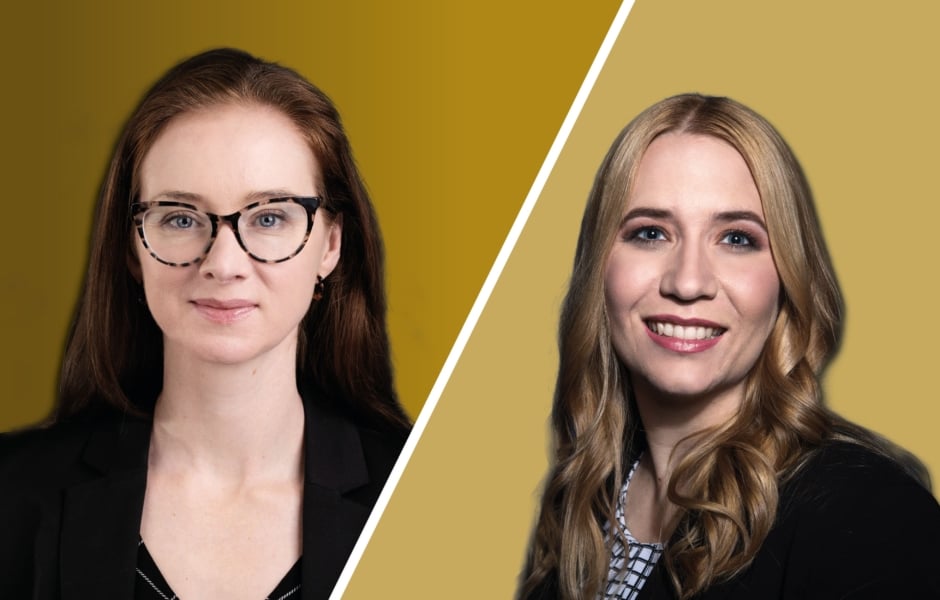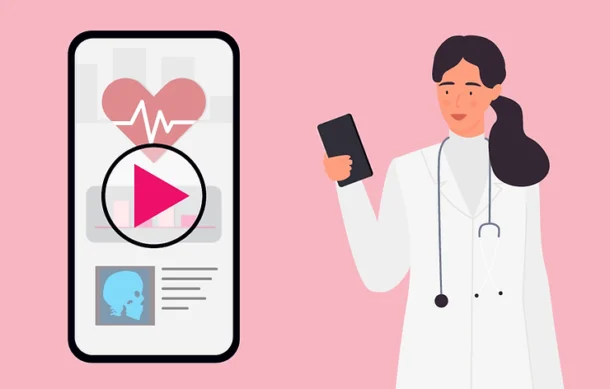5 years ago, the Sunshine Rule dawned in the UK. The regulation swept away the clouds that cast shade over the pharmaceutical industry’s interactions with its customers, welcoming a new day of transparency and compliance
Words by Cheyenne Eugene
Since the Sunshine Rule came into effect, the scope of interactions between sales reps and healthcare professionals has reduced, and now the medical affairs function often acts as the face of HCP engagement. Emily Pegg, Head of Medical Affairs UK, Oncology, Takeda explains: “Ultimately, the way we interact with HCPs has to provide value to them, the patients, and the rest of the healthcare community… Giving them tickets to something [unrelated], just does not stand up in the current climate.
However, offering them high-quality independent medical education, both product and non-product related, is really important.” Having said this, Pegg acknowledges that: “[Non-promotional related medical education] isn’t necessarily provided within the NHS because there isn’t always the capacity and resources.” She continues: “I do feel that we’re moving towards a more collaborative and educational relationship with HCPs, as opposed to the more traditional sales and promotion-orientated relationship that we’ve seen in the past… the pharma industry is a great provider of high-quality medical education.”
The Sunshine Act was first instituted in the US in 2010 and since then the transparency and anti-corruption regulation has stretched far throughout Europe. While its introduction did spark changes, for many, it simply served as an entrenchment of existing good practice. “Europe has always been cognisant of the importance of not just being compliant, but also of the reputational aspect,” says Miguel Angel de Blas Martín, Senior Marketing Manager, Mundipharma. “For MA, the standards were already high, and this was like a stamp of approval of the high compliance and ethical standards in the pharma industry.”
While the Sunshine Rule has the industry’s commitment and backing, de Blas Martín believes that more must be done for the regulation to enter the public consciousness: “I don’t think the general public is even aware of such an act,” he says. Adding that: “Perceptions are very hard to overturn.” He urges that pharma become better at communicating with the general public on matters pertaining to regulation.
Despite this, Pegg is hopeful about the impact policies like the Sunshine Rule could have on pharma’s reputation in the future. “There is a huge role for these initiatives. They could boost HCP and public confidence in the industry,” she says. “There’s a real lack of public understanding about how pharma works and the value we can bring.” She hopes that this “natural scepticism” will fade over time. She emphasises: “We must be very clear about what we are providing, whether it’s promotional or non-promotional, how it’s actually been planned out, and using HCPs to actually deliver that.”
While it is acknowledged that the Sunshine Rule was not best leveraged to alter public perceptions, the regulation awoke a new era of accountability and transparency within pharma. The Sunshine Rule has solidified and built on the integrity that the MA role represents, and during the next 5 years, it would feel like a wasted opportunity to not consider how we can use additional regulation to illuminate the industry’s integrity even brighter.






